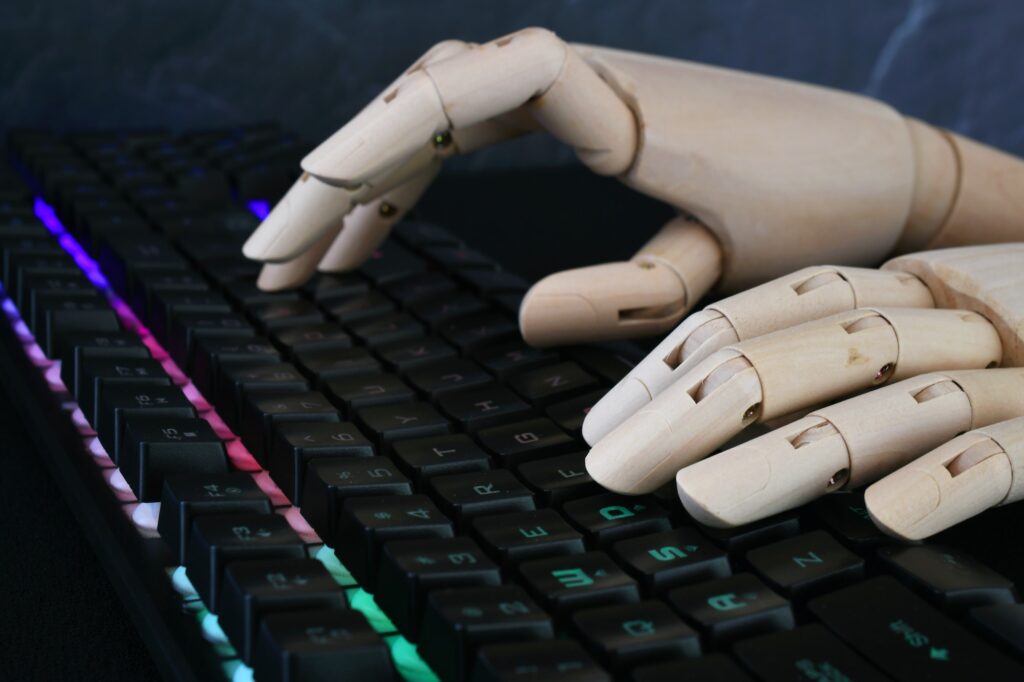Have you ever wondered how someone in the 1920s could predict the technology we take for granted today? Archibald Low, the “Father of Radio Guidance,” was a visionary who accurately foresaw innovations like video calls, self-driving cars, and drones nearly a century ago. His 1925 book The Future laid out ideas that seemed like science fiction at the time but are now integral to your everyday life.
In this blog, we explore Low’s groundbreaking predictions, what he got right, and how his visionary thinking still shapes your new world of technology.

Who Was Archibald Low?
Archibald Low was a British scientist, inventor, and futurist whose contributions spanned multiple fields, including aerodynamics, robotics, and communication. Despite being underappreciated during his time, Low’s work in radio guidance led to early remote-controlled aircraft and directly influenced the development of drones.
His futuristic vision extended beyond his technical work—he predicted a world interconnected by technology, foreshadowing many of the innovations that define modern life.
Low’s Top Predictions That Came True
1. Video Calls and Virtual Meetings
Low imagined a world where you could see and communicate with others over vast distances. This vision is now a reality through platforms like Zoom, Google Meet, and FaceTime, which have transformed how we connect, especially in the wake of the pandemic.
2. Driverless Cars
Long before Tesla and Waymo, Low envisioned automated vehicles navigating roads without human drivers. Today’s self-driving technology owes much to his foresight, as advancements in AI and sensors bring this prediction closer to mainstream adoption.
3. Drones and Remote-Controlled Machines
Low’s experiments with radio-controlled aircraft anticipated modern drones. From delivering packages to aiding in search-and-rescue missions, drones now play a crucial role in industries worldwide.
What Low Didn’t Predict
While Low’s predictions were ahead of their time, he missed key areas like artificial intelligence and space exploration. These fields, now at the forefront of technological innovation, weren’t part of his 1925 vision.
Lessons You Can Learn from Low’s Visionary Thinking
- Think Boldly: Low wasn’t afraid to imagine the impossible. His predictions remind us that big ideas often lead to the greatest advancements.
- Embrace Change: Low’s foresight highlights the importance of adapting to and embracing technological innovation.
- Combine Disciplines: Low’s interdisciplinary approach helped him see connections others missed, a practice still valuable today.

Frequently Asked Questions
1. Who was Archibald Low, and why is he important?
Archibald Low was a British scientist and inventor whose predictions about technology, including video calls, drones, and driverless cars, came true. He is considered a pioneer in radio guidance and early robotics.
2. What did Low predict that has become a reality?
Low predicted video communication, self-driving cars, and drones, among other technological advancements. His ideas were outlined in his 1925 book, The Future.
3. How can Low’s vision inspire us today?
Low’s ability to think ahead teaches us to embrace imagination, adapt to technological change, and approach innovation with interdisciplinary thinking.
Archibald Low’s visionary mind gave us a glimpse into the future, much of which is now your present. As you navigate your new world of technology, remember that today’s ideas—no matter how far-fetched they may seem—could shape the reality of tomorrow.
Sources The Guardian


